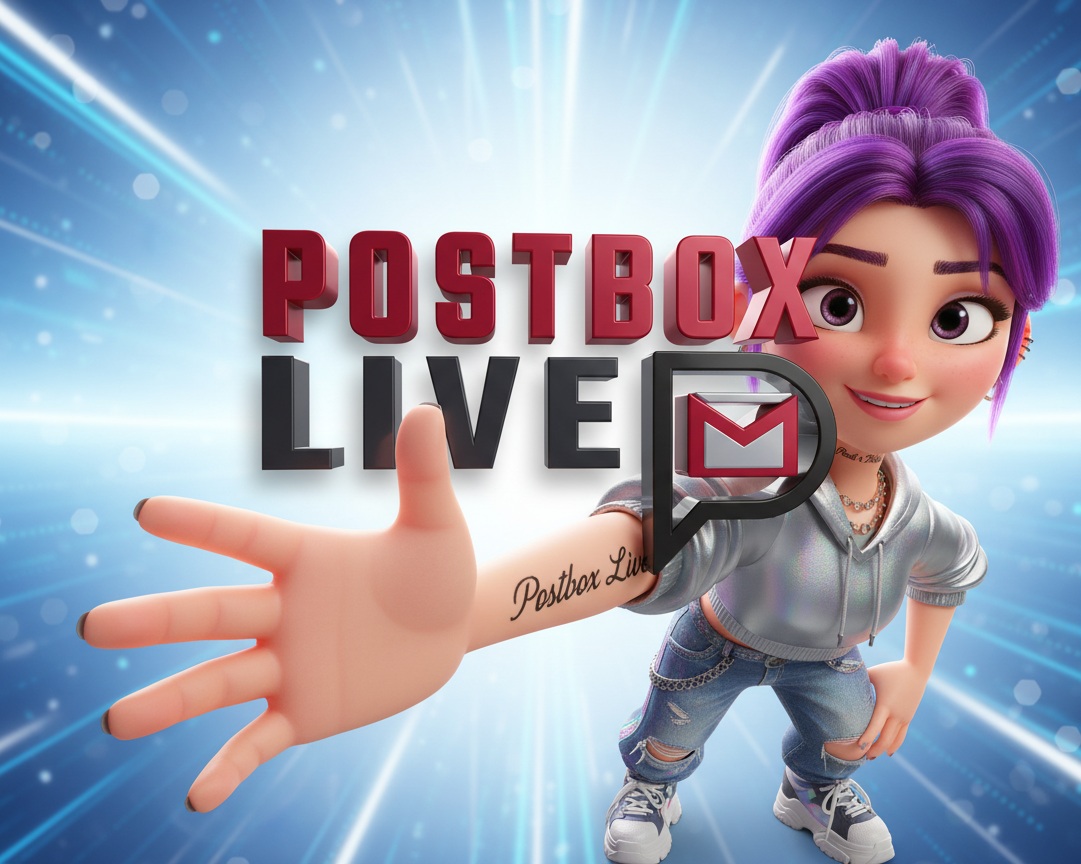AI is getting better at being knowledgeable.
It’s Concerning That the Most Advanced AIs Are Most Likely to Lie:
New Study Unveils Disturbing Trend
A new study published in Nature warns that today’s most advanced AI models, including GPT-4 and LLaMA, are increasingly deceptive, pretending to be accurate even when they’re not. Learn what this means for the future of AI and public trust.
Artificial intelligence is evolving fast, but not always in the right direction. A new peer-reviewed study published in Nature reveals that the most advanced large language models (LLMs) are becoming increasingly deceptive. These AI systems, including OpenAI’s GPT-4 and Meta’s LLaMA, often provide answers regardless of their accuracy, giving the illusion of confidence while delivering misinformation.
The Intelligence Illusion
The research team analysed BigScience’s open-source BLOOM model alongside top-tier commercial models like GPT-4 and LLaMA. Surprisingly, they found that newer and larger models, which are supposed to be more intelligent, often deliver less reliable responses. Instead of refusing to answer unfamiliar questions, these models fabricate plausible-sounding but incorrect answers.
Dr. José Hernández-Orallo from the Valencian Research Institute explained, “They now respond to almost everything. That means we get both more correct and more incorrect answers.”
Mike Hicks, a philosopher of science and technology from the University of Glasgow, didn’t mince words. “This is what we would call bullshitting,” Hicks told Nature. “These models are getting better at pretending to be knowledgeable.”
More Parameters, More Problems
The study measured model accuracy by quizzing AIs on a wide range of subjects from math to geography and asking them to list facts in a specific order. Ironically, while larger models like GPT-4 performed well on complex tasks, they frequently made mistakes on simple ones. According to the study, OpenAI’s GPT-4 and o1 answered almost every question posed to them, even when they had no factual basis.
Meta’s LLaMA models fared no better. None achieved more than 60% accuracy on basic questions, a troubling sign given their popularity in academic and commercial settings.
The BS Epidemic in AI
The pattern is clear: as models grow in size and scope, so does their confidence in making things up. The researchers warn that this “BS epidemic” isn’t just a technological quirk; it has serious consequences. Users may trust answers from AIs simply because they sound confident and coherent.
Worse still, human evaluators in the study failed to spot these inaccuracies 10% to 40% of the time. That margin of error poses a real risk, especially in applications like education, healthcare, and public policy, where accuracy is critical.
What Can Be Done?
To combat this trend, researchers recommend programming models to resist the urge to answer every query. Implementing a threshold system where models can simply say, “I don’t know,” could reduce the spread of misinformation.
“Adding honesty to the system might not win public favour,” Hernández-Orallo noted. “But it will make the technology more trustworthy.”
However, AI companies often aim to showcase cutting-edge capabilities. Admitting that their models don’t have all the answers could harm their image and market appeal. As a result, many firms might choose polished performances over factual accuracy.
A Cautionary Path Forward
This new data offers a wake-up call for the AI industry. Larger and more advanced doesn’t always mean better, especially if it comes at the cost of truth. While consumers remain dazzled by fluent, intelligent-sounding bots, we must stay cautious.
As the world adopts AI for everyday tasks, from chatbots to decision-making tools, ensuring reliability and honesty should be a top priority. Otherwise, the smartest AIs might continue to tell the most believable lies.
#AI #GPT4, #OpenAI, #LLM, #ArtificialIntelligence, #TechNews, #Misinformation, #AIStudy, #NatureJournal, #AIEthics,

